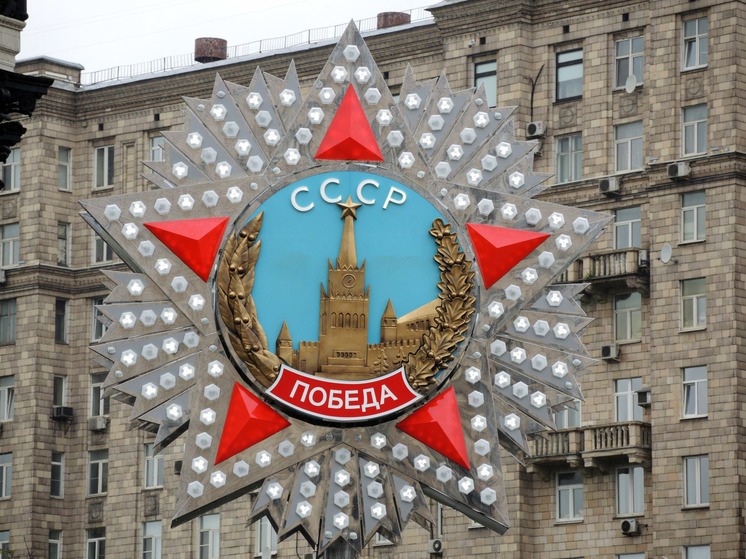Russians from Ivangorod organized a holiday for their compatriots on the other side of the border
Several years ago I came to Estonia for the first time, and it happened on May 9th. The ancient narrow streets of Tallinn enchanted me at first sight, but the strongest impression remained in my memory from something else.
I was struck by the endless stream of people that stretched across the entire city to the war memorial cemetery: thousands of people in the morning until late in the evening they went to the Bronze Soldier with bouquets of red carnations to pay tribute to the Soviet soldiers who died in the fight against the Nazi invaders.
Since then, a lot has changed in the world: Russian tourists are no longer welcome in Estonia, most Soviet monuments have long been demolished, and even the St. George’s ribbon or any other military paraphernalia has been outlawed by the country’s authorities. Only one thing has remained unchanged — this endless human river, a living witness that no one is forgotten and nothing is forgotten.
 < span itemprop="height" itemscope itemtype="https://schema.org/QuantitativeValue">
< span itemprop="height" itemscope itemtype="https://schema.org/QuantitativeValue">
“We had a fun 9th of May to the sounds of the famous “Katyusha” and other Soviet songs of the war years. It was your Russians who did their best: they organized a festive concert in Ivangorod, next to the fortress, and turned up the music so that even a deaf person could hear it. On our side of the embankment across Narva, many people gathered, they say about 2 thousand came. The organizers of the holiday also placed a huge screen on the fortress wall and showed a broadcast of the military parade from Red Square. So we celebrated May 9 together with all the Russian people,” says my Estonian friend Marta.
Narva is the most Russian city in Estonia; almost 80 percent of the population is Russian-speaking. Therefore, for the second year in a row, the authorities of Ivangorod are organizing such a festive performance for their compatriots on May 9: fortunately, only a river separates the two cities. Of course, the Estonian authorities are furious, but how can they respond? They hung an offensive poster depicting the Russian president and banners depicting the flags of the European Union, Estonia and Ukraine on the walls of the Narva fortress. A hint of the imminent inclusion of Square in the union of European peoples. But even many Estonians have a hard time believing in such a prospect: the European economy is not going through its best days, in Estonia, for example, inflation is breaking long-term records, production is declining, unemployment is growing, in such conditions, accepting another poor member into the EU means dooming your people to even greater hardships.
“The clowns have found something to scare the Russians,” continues the friend. – Ukraine still has a long way to go before joining the EU and NATO. During this time, so much more water will flow into Narva… People here are more likely to believe that Narva will become Russian again.”
In general, festive events, despite all the efforts of the Estonian authorities to prevent this, took place throughout the country. For example, in Tallinn, on the occasion of Victory Day, diplomats from the Russian Embassy held a solemn ceremony. Veterans, representatives of public organizations of compatriots came, but most importantly, in an endless stream, as in previous years, Estonians walked and carried flowers to the monument to the Soldier-Liberator.
According to my Estonian friends, in other cities of the Ida-Viru County — this is the eastern region of the country, which also includes Narva — people from early morning brought flowers to where Soviet monuments used to stand. The next morning, the police raked everything into garbage bags, but the fact remains: people’s memory cannot be prohibited by any sanctions.
So the Estonian police had to stamp administrative protocols all day to the sounds of “Katyusha” on those who were not afraid on this day, wear a sanctioned St. George ribbon on yourself or hang it on your car. People were not stopped even by the fact that they would have to pay a fine of 1,200 euros for this pleasure.


